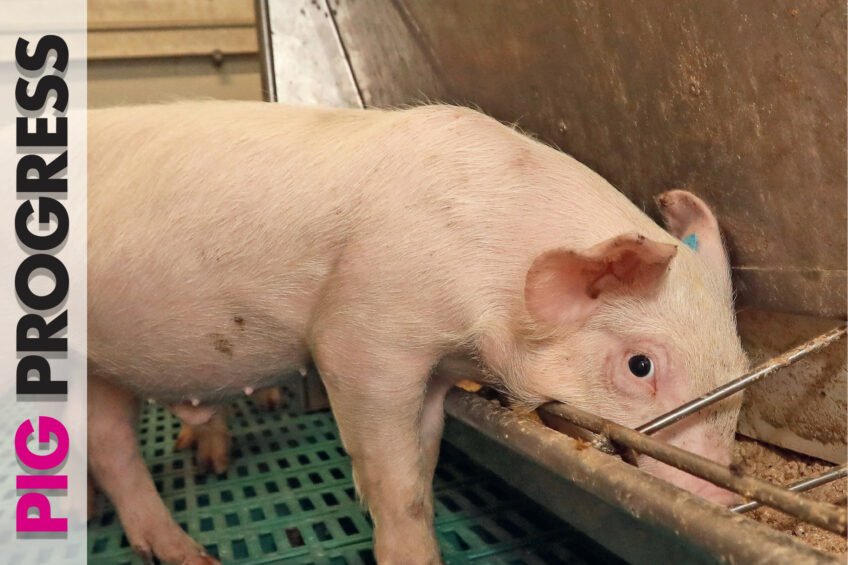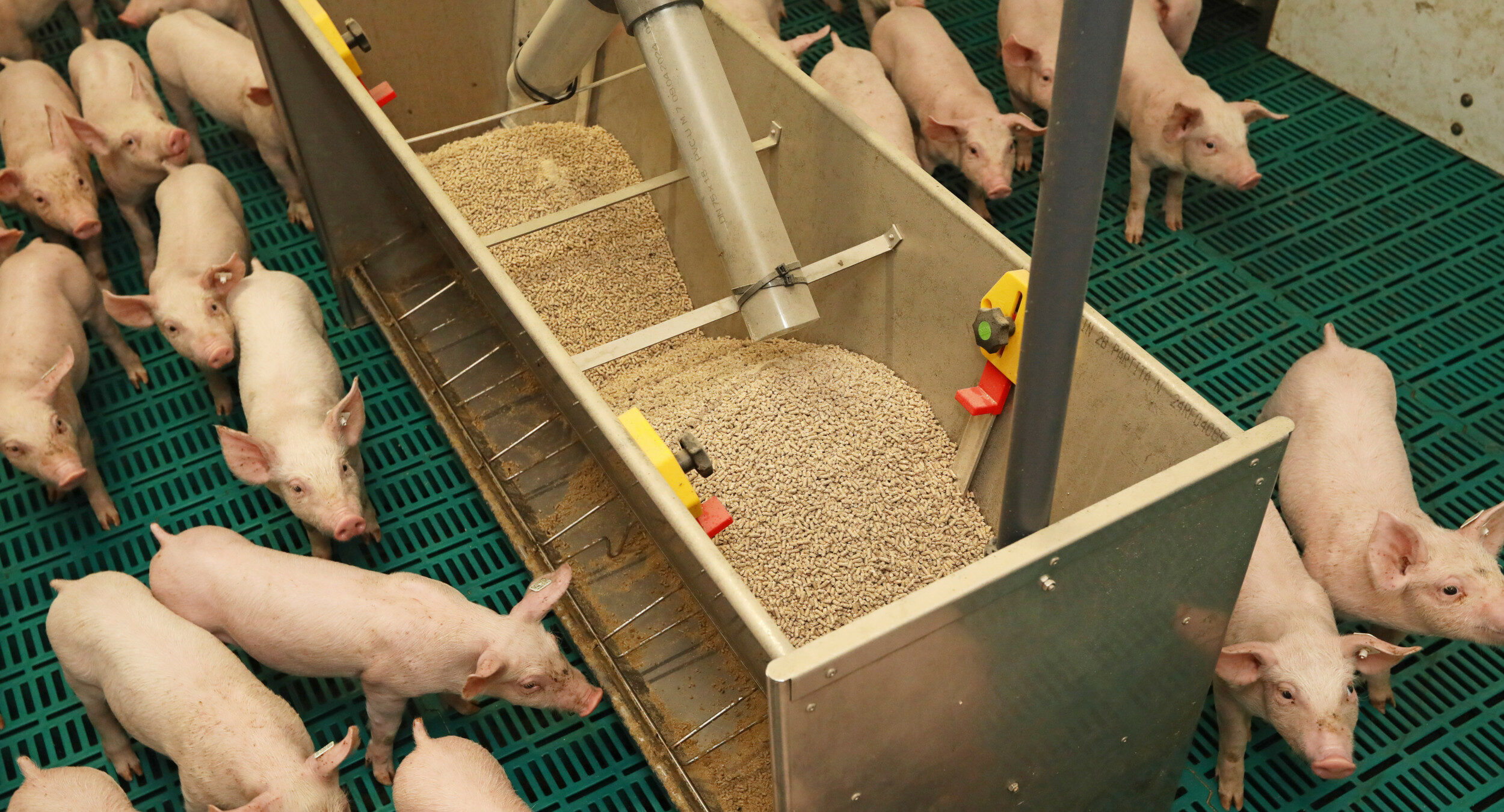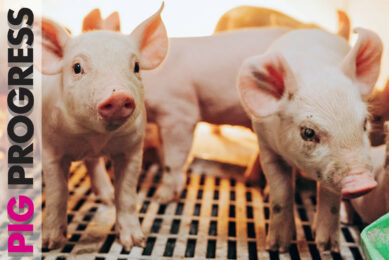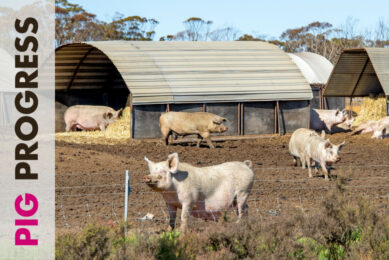Large groups and small litters in Pig Progress 5

The latest edition of Pig Progress is now available online. This edition takes a glimpse into the swine vets of the future, considers how several countries in Asia are coping since ASF emerged in the region, and explores a farm in Germany where the pigs have plenty of space to run around and plenty of feed to consume. This and much more.
“Vets should stand between swine industry and public”
At the 2025 general meeting of the American Association of Swine Veterinarians, Dr Cara Haden of Pipestone Veterinary Services provided an interesting glimpse into who will be the swine vets of the future in the US – and what role(s) they should play. Pages 6-9.
Interview: Aiming for a top spot with pig genetics
Pig breeding companies Hypor and Danish Genetics merged in early 2025 and will continue under the name Hendrix Genetics Swine. In charge is Raf Beeren, who chooses to tread carefully when deciding where to go with the newly created company. Test results will guide the next steps. Pages 10-12.

Column: Breaking the cycle
Animal nutrition expert Dr Casey Bradley noticed something remarkable while recently filling out a market research survey: “We are still swimming in a sea of “me too” products in the feed additive space. Slightly better, marginally cheaper, or with a new spin on the same old mechanisms. Have we plateaued? Or are we simply asking the wrong questions?” Page 13.
Asia is learning to live with ASF
It’s a good time to look back and reflect on what has been happening in several countries in Asia since ASF emerged in the region in August 2019. We zoon in on China, Thailand, Vietnam, South Korea and the Philippines. Pages 14-15.
Farm visit: Grower pigs thrive in large groups
Large pens for growers and finishers – that is one of the key features for grower pigs to thrive. With plenty of space to run around and plenty of feed to consume, a German farm is achieving a grower ADG of 480 g and 1% mortality. Pages 18-21.

Column: The dilemma with small piglets
As litters sizes increase, the weight of piglets has decreased. Small piglets have a higher risk of mortality and they usually grow slower and are weaker. This raises the question: is it worth keeping small piglets alive? Expert Prof Dr Irene Camerlink explores this. Page 26.











